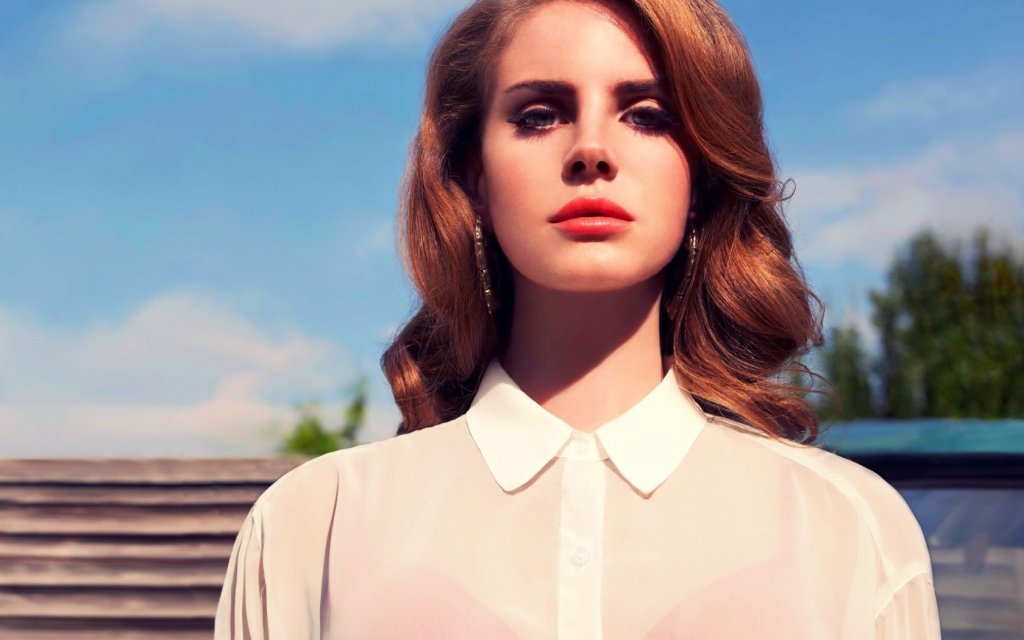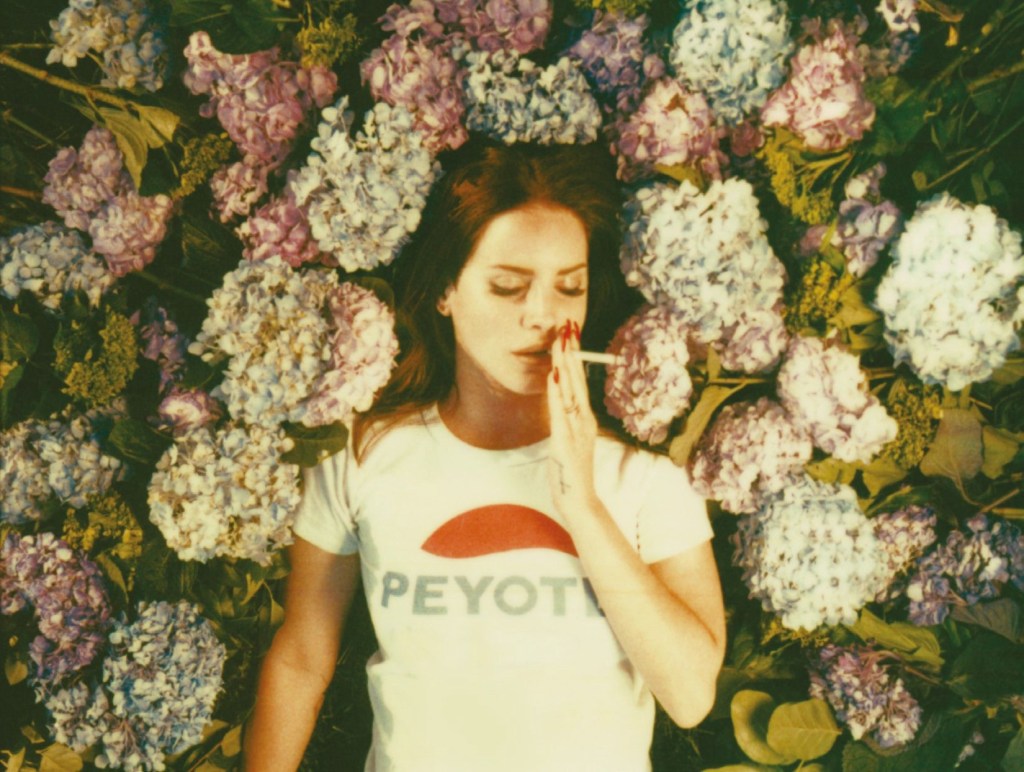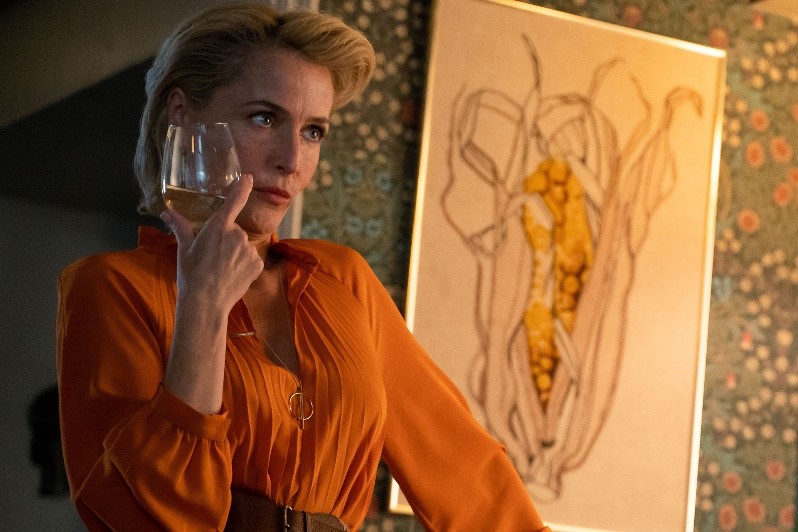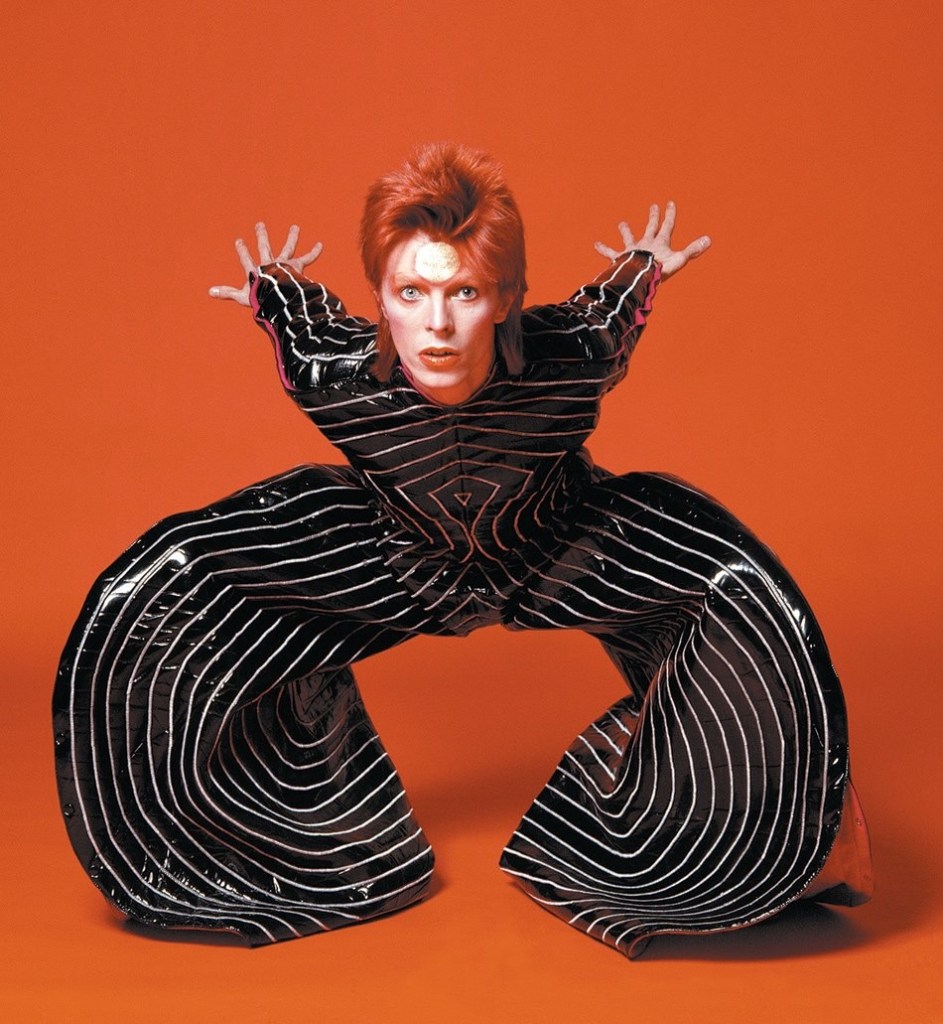
England was never, and never will be, Four Weddings and a Funeral. The ruffled charm, the rounded expletives, the unexplained wealth.
England is not, and never will be, Paddington 2. The bougie hippy dippy, the cutesy life lessons, the unexplained wealth.
England maybe was, and might just be again, the kind of prickly, confused but eventually understanding place presented in About a Boy. Though again some apparently hard-up folk seemed to live in awfully nice North London flats.
What is it about this wealth that shuns explanation? Cough, splutter. One for another blog I reckon.
Only one of those of three films though is a national treasure – and it’s Paddington 2 and I will not brook counter arguments.
All three however have benefitted from the presence of a man who is now a national treasure.
Hugh Grant.
An actor and a man who can viably claim to reach across the breadth of what constitutes a national treasure – that is an ‘artefact, institution, or public figure regarded as being emblematic of a nation’s cultural heritage or identity.’
*
A single England of course doesn’t exist.
It’s a filing system not a file.
England is way too fractured and fractious to be effectively and comprehensively portrayed in a single film. Like anywhere really, our layers of history, class, immigration and region prevents this. Parasite is Korean but it’s not Korea, no matter how much foreign audiences may wish to convince actual Koreans that they are challenging capitalism and centuries old class structures through the medium of improvised cellar renovation.
That didn’t stop us trying though.
Richard Curtis’ England of the nineties was one such attempt with Hugh Grant its’ charming totem around which Cluedo eccentrics danced badly and American leading ladies were charmed effortlessly. This was an England that was enjoyed with such enthusiastic, universal and unfamiliar affection we were all rather taken aback. This benign self-deprecating, sweary, bumbling and harmless enough England was Hugh Grant and whose gravitational pull was so strong it is easy to forget that Julia Roberts – JULIA FUCKING ROBERTS –provided a genuinely sweet cinematic moment which actually referenced ‘Horse and Hound.’
More than anything we were flattered. We quite liked this unusual feeling of being liked. And we quite liked the England that the world seemed to like too. An England where Poshos go to funerals on Scottish housing estates (they don’t) or where the PMs asks his tea lady out (no he wouldn’t). And so 1990s England wrapped a flag around Hugh Grant like he was some sort of rose scented rom com Bond rebrand.

Eventually though Bond got hot again and we got more relaxed about reasserting another core national brand attribute: going around the world killing people.
Grant slipped from centre stage although not entirely from our eyeline, 90s Rom Com Hugh now more national artefact than global icon.
Like all good national treasures, Grant didn’t at first appear to relish the mantle. Indeed he appeared keen, to the point of self-destruction, to shed the type had fame had cast him into. He got caught curb crawling as he broke America. He starred in Two Weeks Notice.
A man who then happily, gleefully threw aside foppish Hugh to embrace lechy boss Hugh in the Bridget Jones films. A man who recast himself in middle age and mid-career, as utterly unlikeable villains. Ever since becoming very well liked, Hugh Grant seemed at very much at ease with being disliked.
He’s failed because here we are in 2022 and he has the widespread, deeply held and almost unshakeable affection of a country.
And the strange thing is, he probably reclaimed his place as a national treasure because he played this other role, neither fop nor scoundrel. He played a version of himself.
A version of himself who decided to step up when the UK tabloid phone hacking scandal broke and its victims’ needed someone who was prepared to stand up to Murdoch, Morgan and Brookes. Someone who felt robust enough, exposed enough already not to care about the blow back that could and did come his way.
That arrest in Los Angeles, his very public relationship and break up with Liz Hurley and the various irrelevant but nonetheless widely exposed ups and downs of his personal life were already out there. Tabloid Hugh was already oven cooked. To his detractors and now his enemies in court here was a dilletante caricature posh cad and love rat. He saw had nothing to lose.
Anti-Tabloid Hugh, @hackedoffHugh smashed out of this caricature. He was Terminator like in his indestructible pursuit of his targets but imagine Arnie as a pithy and urbane public school boy with a liberal, anti-establishment line in take downs. He part-funded the brilliant Daniel Morgan podcast, a brutal, murderous introduction to the corrupt power base from which the phone scandal emerges as one just one gruesome component.

Hacked off, fearless but unmistakably English about it. As someone else once said of Captain Blackadder – another Curtis invention up there with RomCom Hugh – ‘you’ve got to admire his balls.’ Hugh Grant had become a national public figure. And this time rather than stuttering awkwardly under our glare, Grant gave every impression of not giving a single fuck.
Two relatively recent roles cemented have cemented his status. The first was his gleeful turn as the cad, the bad and the ugly in the magnificently uplifting Paddington 2 – a role which Grant himself thinks was probably his best. Here Grant pits his wits against a Peruvian bear nemesis in a duffle coat voiced by Ben Wishaw. If you haven’t, you really should.
This was soon followed up by playing a crooked and sordid Jeremy Thorpe in A Very English Scandal. Here he became embroiled in a very ugly love affair and grubby scandal with urm… Ben Wishaw. Apart from the close proximity of the two releases producing some uncomfortable phonic dissonance, in both performance and reception there seemed to an acknowledgement and open enjoyment of actor and audience. A communion if you like.
‘We’ve come a long, long way together. Through the good times and the bad…‘
There is Hugh Grant the memory, a reminder of happier times, the artefact from 90s Curtisland England.
There is Hugh Grant the public figure of some renown, campaigning against the malice of tabloid journalism.
And there is Hugh Grant, the national institution, the provider of pitch perfect comic timing.
And so there we have it. Hugh Grant IS a national treasure.
He’d shudder and recoil at this conclusion no doubt. Who wouldn’t? However, his assent to this lofty position is a reminder that England is just a filing system and that the perverse beauty of any system is that doesn’t always work.
Not everyone can be filed away neatly – least of all Hugh Grant.
Chris

What do you mean you voice Paddington?
Awkward on so many levels, Grant and Ben Wishaw in A Very English Scandal
Picture Shows: Norman Scott (BEN WHISHAW), Jeremy Thorpe (HUGH GRANT) – (C) Blueprint Television Ltd – Photographer: Sophie Mutevelian












